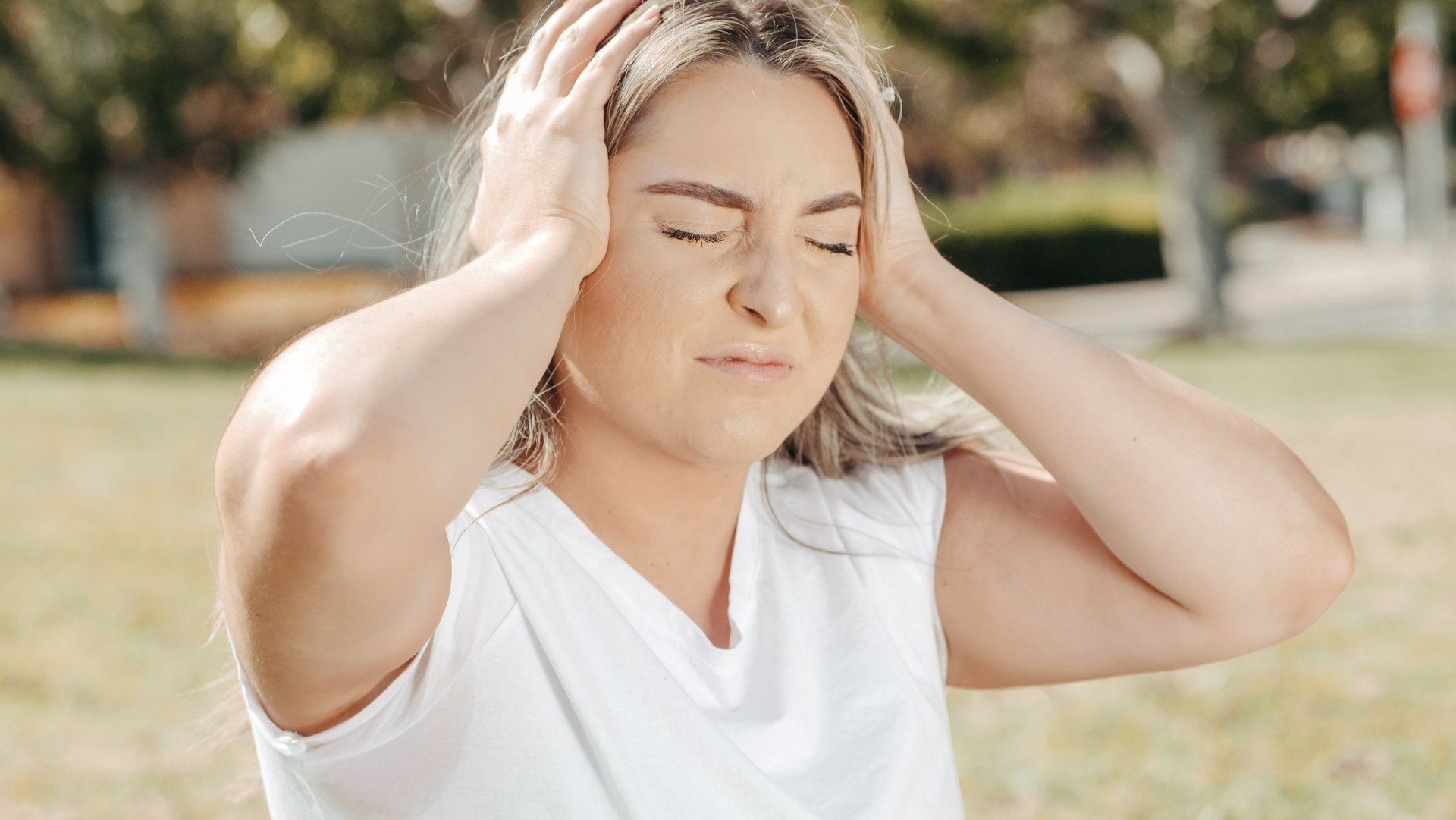Got Migraines? I can help!

It may be time to rethink everything you've ever learned about how to manage your migraine headaches.
Did you know that 1 out of 5 people will suffer from migraines at some point in their life? Migraines are one of the most common and most debilitating reasons people miss work, family/social events, and just miss out on life in general. In fact, chronic migraines are considered a qualified disability under certain circumstances*. If you are tired of suffering in the dark in your room, silently, hoping and praying for the current migraine to go away, please schedule an appointment to see me.
I have seven years of experience treating people with chronic migraine headaches from my background working in neurology. I am familiar and comfortable with prescribing medications to treat migraine headaches, and am happy to discuss and educate you on the various options and their pros and cons. I am also well versed in alternative and more natural healing approaches to treating migraines.
Many people take over the counter pain medication (such as ibuprofen, Excedrin, or Tylenol) multiple times a day or week to treat their migraine headaches, but this can often cause rebound headaches, exacerbating the underlying problem. I can help you get out of the rebound migraine cycle, and if you are on a long wait list to see a specialist, I am happy to get you started on treatments your primary care doctor may not be as familiar with.
There are several treatment strategies available to best optimize migraine management. Let me be your guide in helping you have fewer migraine headaches each month. Aside from medication there are nutrition/dietary protocols, supplements, external nerve stimulation devices, various therapies and other lifestyle management options to try. Additionally, I recommend using a migraine app to track migraines to help you identify patterns specific to your migraine triggers. For example, female patients frequently suffer from menstrual migraines. Some patients have multiple different types of migraines, making things a bit more complicated. This would require an in depth examination and history to properly sort out and treat.
When you schedule a visit with me, you can expect a lot of quality time, so we can get to the root cause of the problem. I look forward to helping you improve so you can get back to living a life full of vitality!
*Of note, none of what is written in this blog can or should be considered personal medical advice for you, and cannot be used as such. You must consult with your health care provider before making any changes to your current care plan.*


